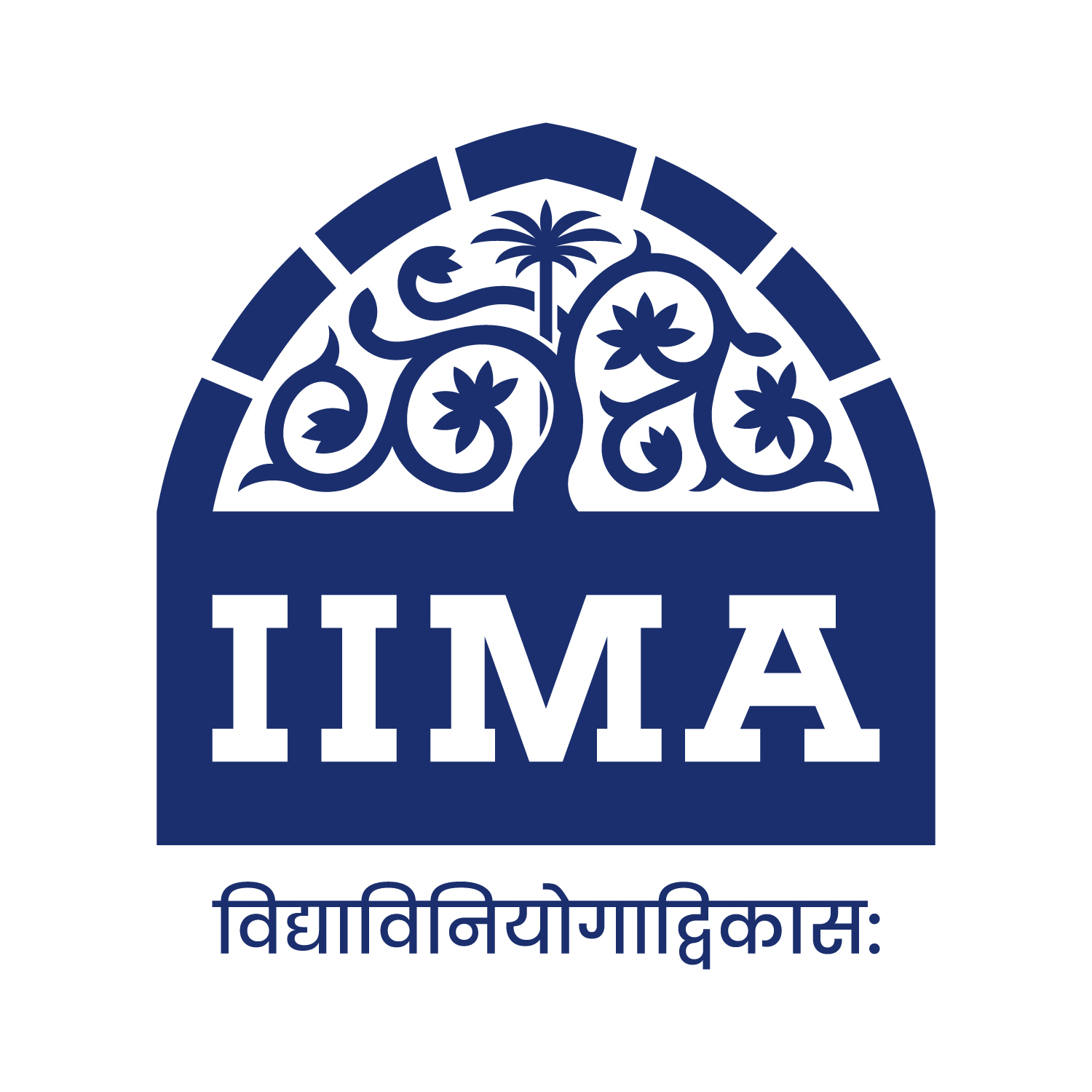Prof. Ravindra Dholakia: My 33 Years at IIMA
Professor Ravindra H. Dholakia bid farewell to the IIMA community, following his superannuating at the age of 63. Recently, he has been appointed to the Reserve Bank of India’s Monetary Policy Committee (MPC) that is formed by the central government of India to set interest rates. Here, he writes a heartwarming note to all.
I joined IIMA on 3rd September 1985 and retired on 30th April 2018. I spent about 50 per cent of my life so far and about 80 per cent of my working life so far continuously at IIMA. It is a long innings by any criteria. Looking back, I have no regrets and feel happy that I always delivered more than what was expected of me by the Institute. In my appointment letter, it was mentioned, as I remember, that my association with the Institute was expected to be mutually beneficial. As far as I am concerned, it was beneficial to me. From the Institute’s angle, I tried to do some quick calculations based on the current norms of the work-load expected from a faculty member at the Institute and my work record throughout the 33 years I spent there. It was very satisfying to find that during my entire tenure in every year without exception my contribution was significantly more than the current norms of the work-load established in the Institute during the last 6-7 years. The range of variation over years was from 1.25 to 3.5 times the norm.
A couple of observations I would like to make on this. Based on my experience, I can say that faculty members at the Institute contributed considerably more in the past than when the norm of the minimum work-load was established. Unpaid teaching per teaching faculty was substantially more in the past than at present. In all probability, inequity in the teaching load was also more among all faculty members in the past than at present. Perhaps the principle followed for the work allocation was specialization based on relative strengths of the faculty members. Now, there is a departure from this principle and everybody is supposed to do everything. Is this an optimal policy to achieve excellence?
Second observation is regarding some glaring omissions and commissions while measuring the academic work of a faculty member. Currently, the contribution of a faculty in national or regional committees and their Reports are not considered as academic work deserving any credit points. Similarly, a paper published by a faculty in a book co-edited by him or her is not considered for any credit, but a paper published by a faculty in a journal with the journal editor as a co-author gets all the credits!! Such omissions and commissions in measurements distort the incentives and affect the inputs and hence the performance of the Institute in the long run. Is this conducive for achieving the long term vision and goals of the Institute?
During my tenure at the Institute, I have always put forth my views and arguments in the relevant fora I had access to, but never pushed them beyond suggestions or advice, because I always respected my colleagues who were also faculty members with equal if not more intelligence and capabilities than me.

